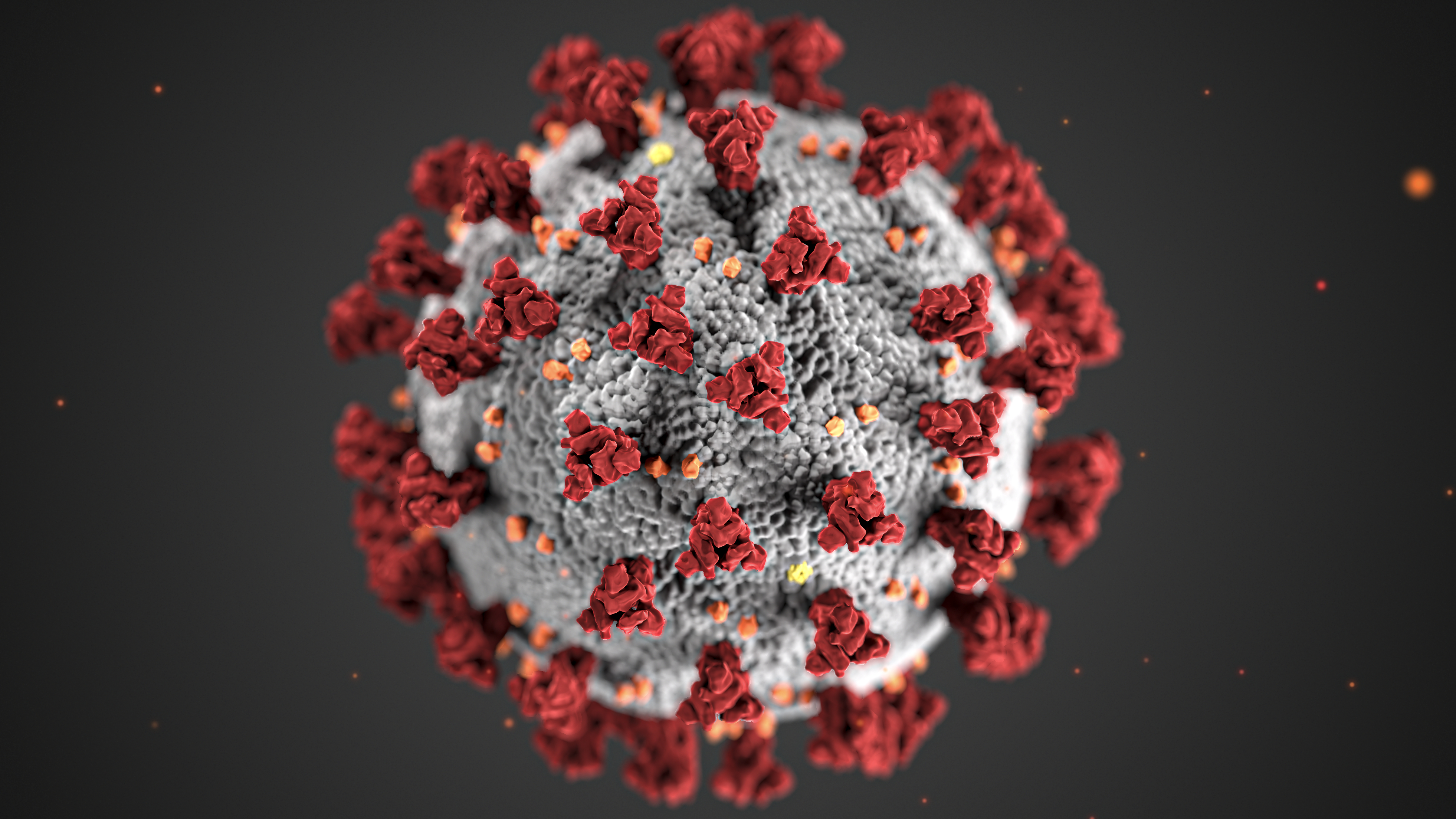News release
From:
Emerging SARS-CoV-2 Resistance After Antiviral Treatment
About The Study: Treatment-emergent nirmatrelvir resistance mutations were commonly detected, especially in individuals who were immunosuppressed in this cohort study of 156 participants. However, these mutations were generally present at low frequencies and were transient in nature, suggesting a low risk for the spread of nirmatrelvir resistance in the community with the current variants and drug usage patterns.



 International
International



